In Stock
Buy Liothyronine Sodium 25mcg Tablets Online
CHARACTERISTICS
ACTIVE HALF-LIFE 1 DAY
CLASSIFICATION THYROID HORMONE
DOSAGE 25-75 MCG/DAY
ACNE NO
WATER RETENTION NO
HBR YES
HEPATOTOXICITY NO
AROMATIZATION NO
ACTIVE SUBSTANCE LIOTHYRONINE SODIUM
FORM 50 PILLS X 25 MCG
MANUFACTURER HILMA BIOCARE
$14.15
Chemical name: (2S)-2-amino-3-[4-(4-hydroxy-3-iodophenoxy)-3,5-diiodophenyl]propanoic acid
Formula: C15H12I3NO4
Anabolic activity index: not a steroid
Androgenic activity index: not a steroid
LIOTHYRONINE SODIUM 25mcg – HILMA BIOCARE
Introduction
Liothyronine Sodium, commonly known as T3, is a synthetic form of the thyroid hormone triiodothyronine. This medication is often prescribed to treat hypothyroidism, a condition where the thyroid gland does not produce enough thyroid hormones. It is also used in the management of other thyroid-related disorders such as myxedema coma and certain types of thyroid cancer. Hilma Biocare, a reputable manufacturer, produces these 25 mcg tablets with the highest standards of quality and safety.
Indications and Uses
Liothyronine Sodium 25mcg Tablets are primarily used for the treatment of hypothyroidism. This condition can lead to symptoms such as fatigue, weight gain, depression, and cold intolerance due to the body’s reduced metabolic rate. By supplementing the body’s natural thyroid hormone levels, Liothyronine helps to restore normal metabolic function, alleviating these symptoms.
In addition to treating hypothyroidism, Liothyronine Sodium is also used:
- As an adjunct to surgery and radioactive iodine therapy in the management of well-differentiated thyroid cancer.
- In the diagnostic assessment of thyroid function tests.
- As a temporary treatment for thyroid hormone withdrawal in patients with thyroid cancer.
Mechanism of Action
Liothyronine Sodium is a synthetic analogue of the natural thyroid hormone triiodothyronine (T3). It plays a crucial role in regulating metabolism, growth, and development. T3 binds to thyroid hormone receptors in various tissues, influencing gene expression and increasing the metabolic activity of cells.
When taken orally, Liothyronine Sodium is rapidly absorbed from the gastrointestinal tract and distributed throughout the body. It has a faster onset of action compared to levothyroxine (T4), making it particularly useful in situations where a rapid response is required, such as in the management of myxedema coma.
Dosage and Administration
The dosage of Liothyronine Sodium 25mcg Tablets should be individualized based on the patient’s clinical response and laboratory parameters. It is typically taken once daily, preferably on an empty stomach, 30 minutes to one hour before breakfast.
- For Hypothyroidism: The initial dose for adults is usually 25 mcg per day. The dose may be increased by 12.5 to 25 mcg every 1 to 2 weeks until the desired response is achieved. The maintenance dose typically ranges from 25 to 75 mcg per day.
- For Myxedema Coma: Liothyronine may be administered intravenously in this critical condition, as oral absorption might be impaired. The dosage and frequency will be determined by the healthcare provider based on the severity of the condition.
- For Thyroid Cancer: Liothyronine is used as an adjunct therapy in doses ranging from 50 to 100 mcg per day, depending on the individual case.
It is important to follow the prescribed dosage regimen closely and not to stop taking the medication without consulting a healthcare provider, as abrupt discontinuation may lead to severe hypothyroidism.
Side Effects
Like all medications, Liothyronine Sodium can cause side effects, although not everyone will experience them. Common side effects include:
- Cardiovascular Effects: Palpitations, increased heart rate (tachycardia), and elevated blood pressure may occur, especially if the dose is too high.
- Central Nervous System Effects: Nervousness, anxiety, and insomnia are possible, particularly during the initial stages of therapy or after dose adjustments.
- Gastrointestinal Effects: Some patients may experience nausea, vomiting, diarrhea, or abdominal cramps.
- Allergic Reactions: Rarely, allergic reactions such as rash, itching, or swelling may occur. Immediate medical attention should be sought if symptoms of a severe allergic reaction, such as difficulty breathing, are experienced.
- Musculoskeletal Effects: Tremors, muscle weakness, and increased sensitivity to heat may occur.
Long-term use of Liothyronine Sodium, especially in high doses, can lead to decreased bone density (osteoporosis), particularly in postmenopausal women. Therefore, bone health should be monitored regularly.
Precautions and Warnings
Liothyronine Sodium should be used with caution in patients with underlying cardiovascular disorders, such as coronary artery disease, hypertension, and arrhythmias, due to the risk of exacerbating these conditions.
- Pregnancy and Lactation: Liothyronine is classified as Pregnancy Category A. Thyroid hormones are essential for fetal development, and hypothyroidism during pregnancy can have serious consequences. Therefore, maintaining adequate thyroid hormone levels is crucial. However, dosage adjustments may be necessary during pregnancy. It is also excreted in breast milk, so breastfeeding mothers should use it under medical supervision.
- Diabetes: Thyroid hormones can affect blood glucose levels. Patients with diabetes should monitor their blood sugar levels closely and may require adjustments to their diabetes medication.
- Adrenal Insufficiency: Untreated adrenal insufficiency is a contraindication to Liothyronine use. Thyroid hormone therapy can precipitate an adrenal crisis in these patients.
- Interactions with Other Medications: Liothyronine Sodium can interact with various medications, including anticoagulants, insulin, oral hypoglycemics, and certain antidepressants. It is essential to inform the healthcare provider of all medications being taken to avoid potential interactions.
Storage and Handling
Liothyronine Sodium 25mcg Tablets should be stored at room temperature, away from moisture, heat, and light. Keep the medication in its original container and out of reach of children. Do not use the medication after the expiration date printed on the packaging.
Patient Information and Counseling
Patients taking Liothyronine Sodium should be educated about the importance of adherence to the prescribed dosage and schedule. Missing doses or taking too much of the medication can lead to significant health consequences.
- Monitoring: Regular monitoring of thyroid function tests (TSH, T3, T4) is essential to ensure the effectiveness of the therapy and to avoid under- or overtreatment.
- Dietary Considerations: Certain foods and supplements can affect the absorption of Liothyronine, including calcium and iron supplements, soy products, and high-fiber foods. These should be taken at least 4 hours apart from the medication.
- Symptoms of Overdose: Patients should be informed about the signs of thyroid hormone overdose, which can include chest pain, rapid heartbeat, shortness of breath, confusion, and extreme nervousness. If any of these symptoms occur, they should seek medical attention immediately.
Manufacturer Information
Hilma Biocare is a well-known pharmaceutical company that adheres to stringent manufacturing practices to ensure the highest quality and safety of its products. They are committed to providing effective medications that meet the needs of healthcare professionals and patients worldwide.
Conclusion
Liothyronine Sodium 25mcg Tablets by Hilma Biocare are a reliable and effective treatment option for managing hypothyroidism and other thyroid-related conditions. With proper use and regular monitoring, patients can achieve optimal thyroid function and improve their overall quality of life. As with any medication, it is important to follow the healthcare provider’s instructions carefully and report any unusual symptoms or side effects.

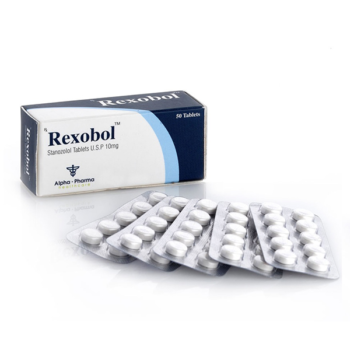
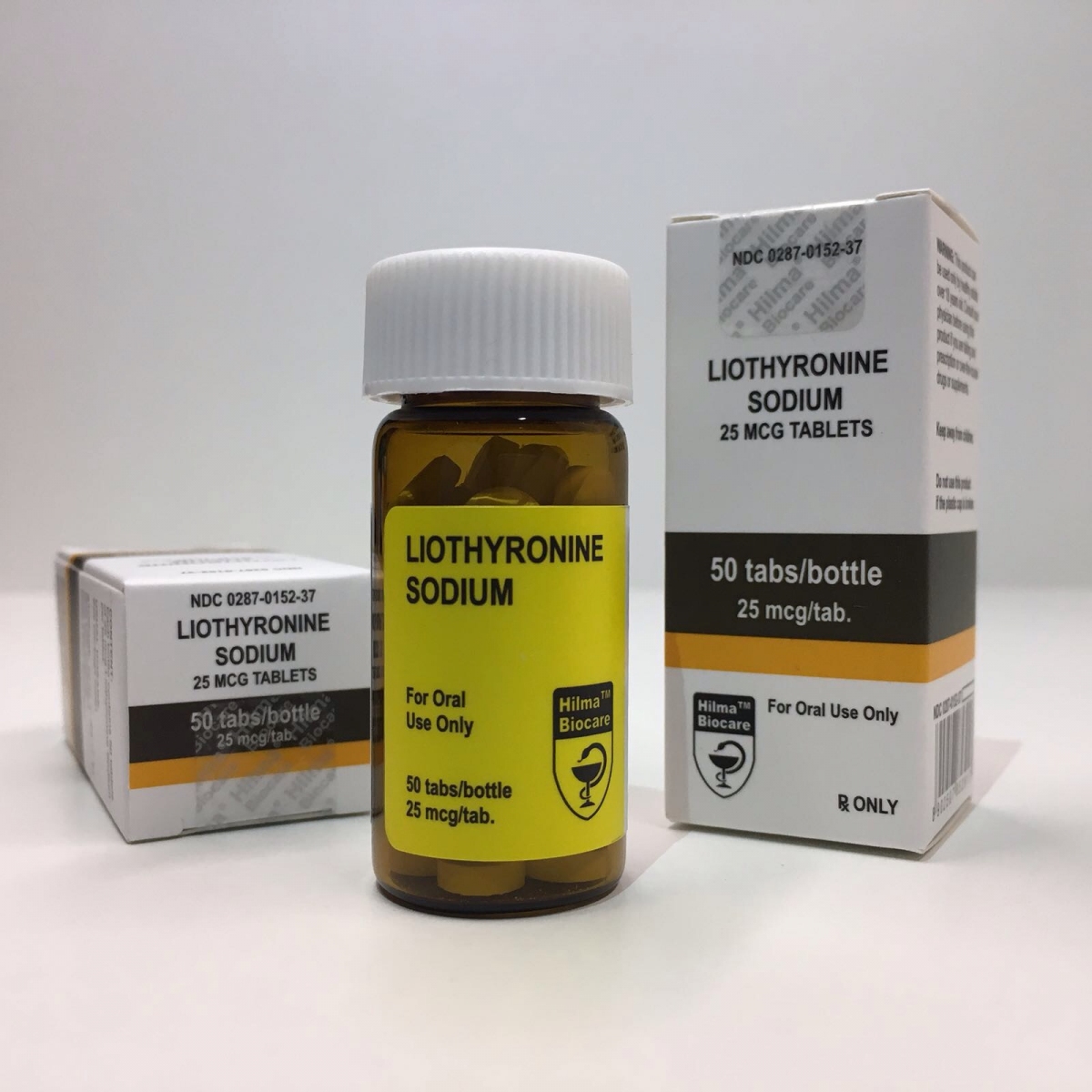
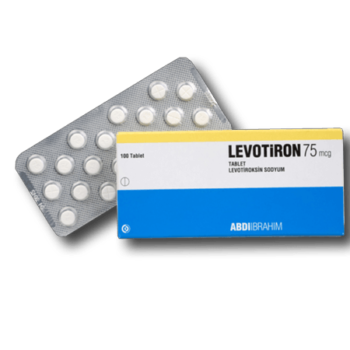
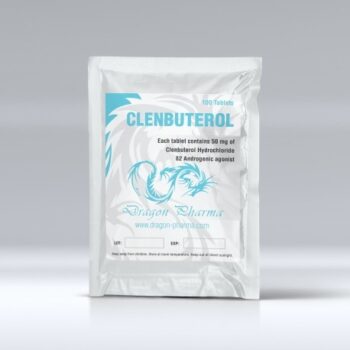
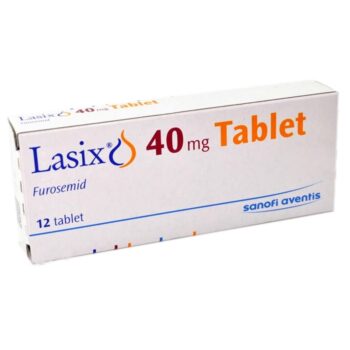
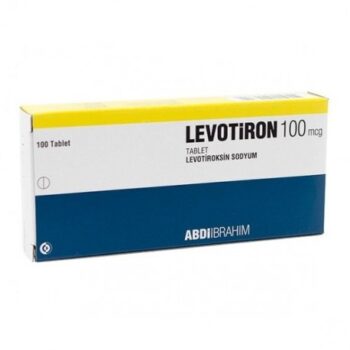
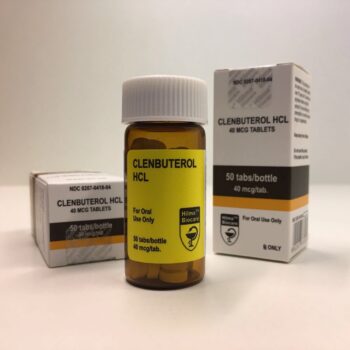
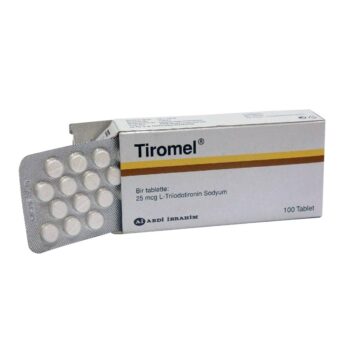
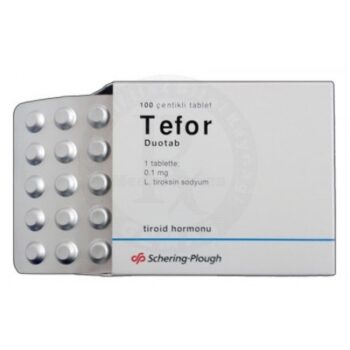


Reviews
There are no reviews yet.